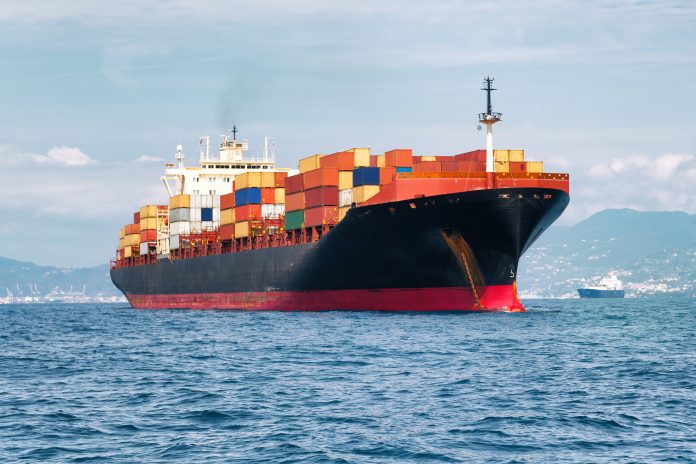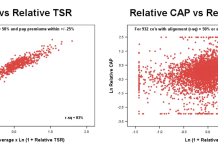According to recent data analysis, Brexit and COVID anxieties have created tangible decreases in how many commodities leave the UK
Currently, the UK and EU remain at an impasse over catching fish in the channel. Though a breakthrough was reported, both sides appear to be distancing themselves from the leaked suggestion of a resolution. Parliament is set to continue until Christmas, leaving the UK Government a wide scope for the timeframe of passing a functional Deal through parliament before the infamous end of year deadline.
COVID-19 continues to be a crucial issue for the UK electorate. While vaccines from Pfizer and BioNTech are due to start rolling out to 50 Hospital Trusts from this morning, the majority of the public won’t be able to access the vaccine until 2021.
The fluctuation in exports
The British logistics provider analysed HMRC figures for the top ten commodities exported from the United Kingdom including electronics, pharmaceuticals and precious metals. They discovered that the overall number has dropped from 31,080 exports in May 2019 to just 23,146 in August 2020.
Exports of the United Kingdom’s top commodities dropped by 25% between May 2019 and August 2020, from data analysed by Freightline Carriers.
The industries that experienced the largest drops were automobiles, aircraft equipment, and arts and antiques.
The number of exports in the motoring sector have plummeted by 41%, from 3,048 in May 2019 to just 1,788 in August 2020. At the height of the coronavirus pandemic in May 2020, this figure even dropped as low as just 637 exports for that month.
Meanwhile, there has been a 44% drop in the export of aircraft equipment from the UK, which has declined from 1232 per month to just 687. The art and antiques sector has also seen a 58% drop from 865 exports per month to 366.
The logistics provider believes that these drops have been created by anxieties around Brexit and the impact of the COVID pandemic.
‘Brexit is causing further uncertainty’
A spokesperson for Freightline Carriers, said: “COVID-19 has undeniably had a huge impact on the economy and on exports, and Brexit is causing further uncertainty. The UK is due to formally cut ties with the European Union when the transition period comes to an end in January 2021 and no trade deal has yet been agreed.”
“It remains to be seen exactly how much of an effect Brexit will have on economic activity, but the Office for Budget Responsibility has predicted a 5.2 per cent fall in potential GDP over the coming 15 years if a ‘typical’ free trade agreement is put in place with Brussels.”
“Exporters will no doubt be watching the details of any possible trade deal with interest over the coming months to see how it may affect their businesses and industries more broadly.”











